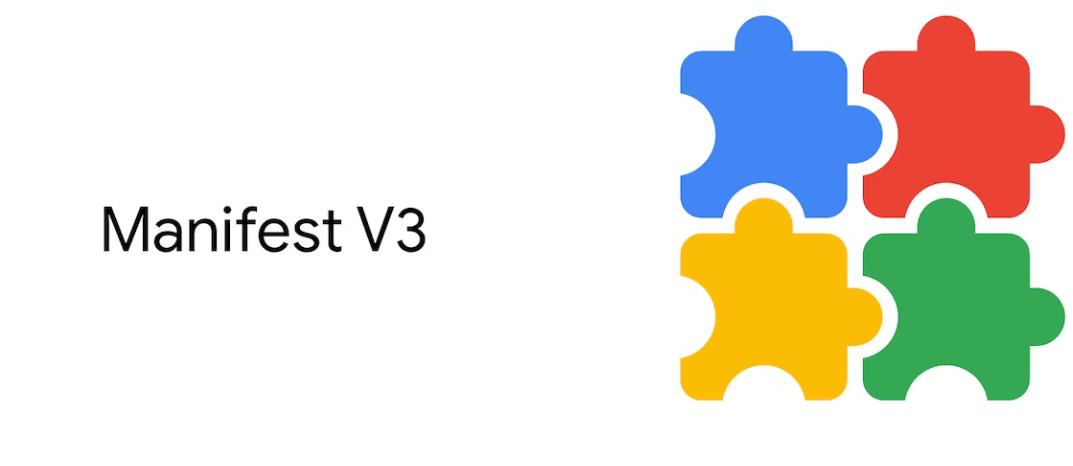Google is about to start removing support for Manifest V2 Chrome starting June 3. The removal was planned to be done in January 2023, but the deadline was pushed back several times.

Beginning on June 3rd, users of the Chrome Beta, Dev, and Canary branches who have installed add-ons using the second version of the manifest will receive a notification on the management page (chrome://extensions) regarding the upcoming end of support. Furthermore, any recommended labels on these add-ons will be removed.
Advertisеment
Then add-ons will begin to be phased out, and users will be offered alternatives from the Chrome Web Store. For a certain period, users will be able to restore disabled add-ons, but eventually this option will be removed too.
All of these changes will impact stable releases of Chrome in the coming months, with the transition expected to be completed before early 2025. Enterprise users will be able to delay the end of support until June next year.
Google has resolved most of the issues with the new version of the manifest. Thus, in the declarativeNetRequest API, the permissible number of static rules has increased to 330 thousand, and dynamic ones - to 30 thousand.
The new manifest also makes the transition to executing Service workers as background processes and uses a granular permission request model. The add-on cannot be activated for all pages at once, but will only work in the context of the active tab.
The processing of Cross-origin requests has been changed. Now content processing scripts are subject to the same permission restrictions as for the main page into which these scripts are embedded. For example, if the page does not have access to the location API, then the add-on script will also not receive this access. Execution of code downloaded from external servers is prohibited for add-ons that load and execute external code.
Currently, about 85% of add-ons in the Chrome Web Store already support Manifest V3, including AdBlock, Adblock Plus, uBlock Origin and AdGuard .
Google began testing Manifest V3 in November 2019 in Chrome 80 Canary builds, and implemented the protocol in stable builds of Chrome 88. In January 2022, the Chrome Web Store stopped accepting new extensions built on top of Manifest V2.
Immediately after its release, Manifest V3 was criticized because it limited the ability to block content using the webRequest API, used by ad blockers like uBlock Origin and Ghostery. However, Google said that such extensions had too much access to “potentially sensitive” user data.
Support us
Winaero greatly relies on your support. You can help the site keep bringing you interesting and useful content and software by using these options:

There are so many other ways to protect yourself today. You don’t need to have extra add-ons/extensions in the browser. Many routers have it built-in. Otherwise, Pi-hole, AdGuard Home or similar solutions.
Personally, I use a UniFi Express router with adblock built-in and a DoH DNS from Mullvad that blocks a little extra, (https://mullvad.net/en/help/dns-over-https-and-dns-over-tls). Mullvad is a Swedish VPN service, but has open DNS servers that everyone can use. Free of charge. Of course, no logs.
Then UniFi OS has a good firewall as well that can block most things. For example, I block social networks with my + some other things.